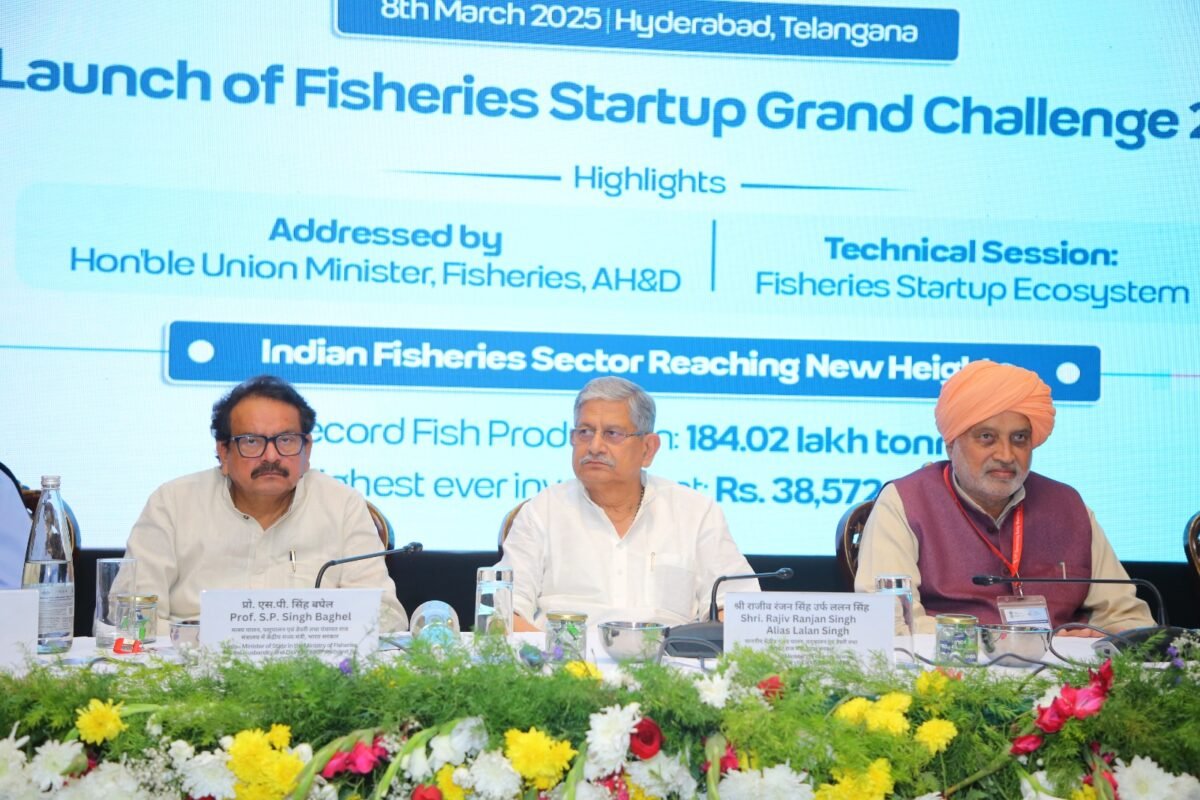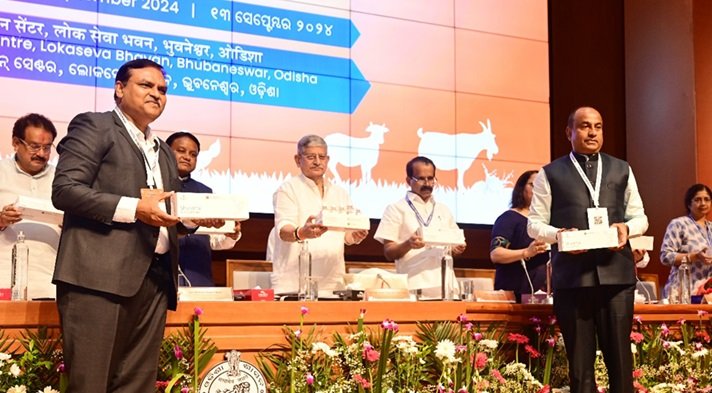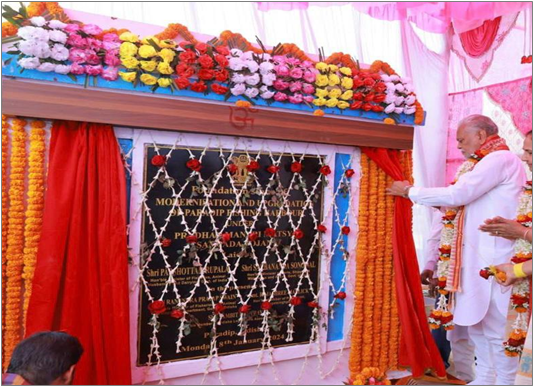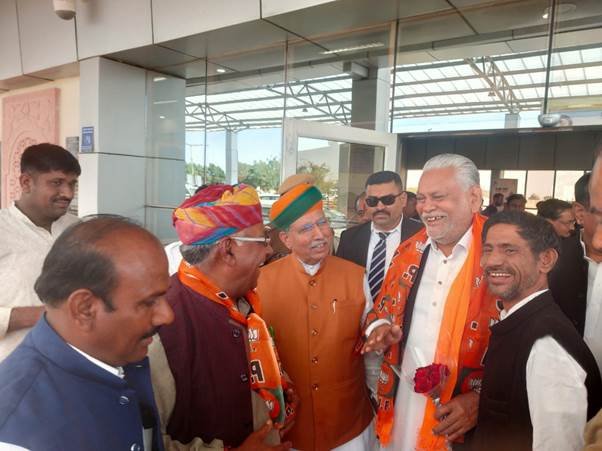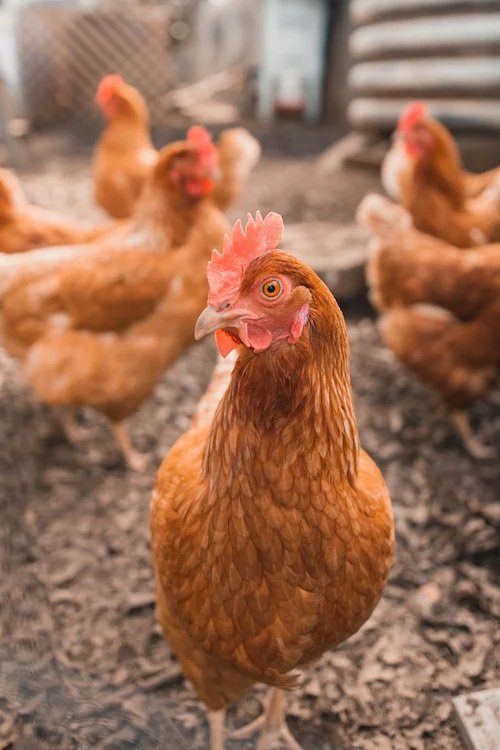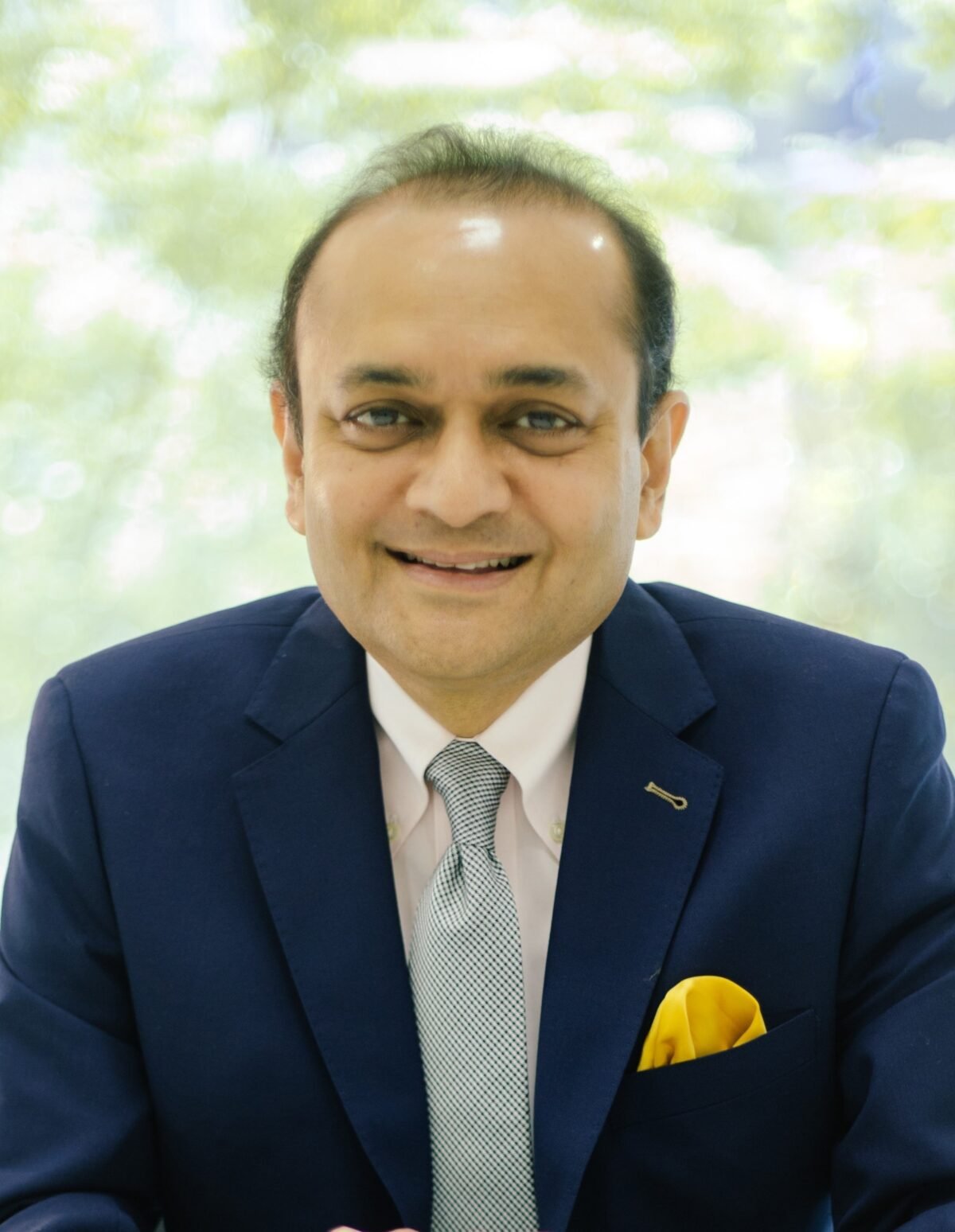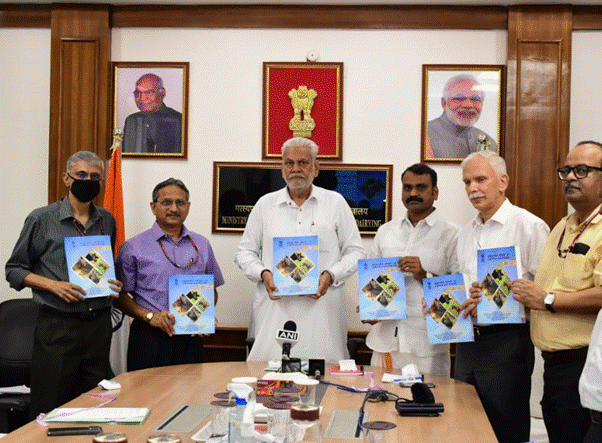Department of Fisheries hosts Fisheries Startup Conclave 2.0 in Hyderabad
The NFDP Mobile Application was launched during the Fisheries Startup Conclave 2.0 to expand access to Pradhan Mantri Matsya Sampada Yojana (PM-MKSSY) benefits.
The Department of Fisheries, under the Ministry of Fisheries, Animal Husbandry, and Dairying (MoFAH&D), organized the Fisheries Startup Conclave 2.0 today in Hyderabad, Telangana. The event was inaugurated by Union Minister Rajiv Ranjan Singh, Ministry of Fisheries, Animal Husbandry (MoFAH&D) & the Ministry of Panchayati Raj, along with Minister of State Prof. S.P. Singh Baghel (MoFAH&D and Ministry of Panchayati Raj) & Prof Ramesh Chand, Member NITI Aayog.
The Department of Fisheries organized the Startup Conclave 2.0 to promote innovation in the fisheries sector. As part of this initiative, the Fisheries Startup Grand Challenge 2.0 was launched to support startups in manufacturing and related areas. The program aims to foster entrepreneurship, technological advancements, and sustainability in fisheries and aquaculture, enhancing production and efficiency. Through the Fisheries Startup Grand Challenge 2.0 support will be extended to 10 winning startups with Rs 1 crore in funding. Each winning proposal will receive structured incubation support from ICAR (ICAR-Central Institute of Fisheries Technology), (National Fisheries Development Board) NFDB, or other affiliated institutions under the Department of Fisheries. These incubators will play a crucial role in mentoring startups, offering capacity-building programs, and providing access to manufacturing infrastructure to help them scale their solutions effectively.
The NFDP Mobile Application was launched during the Fisheries Startup Conclave 2.0 to expand access to Pradhan Mantri Matsya Sampada Yojana (PM-MKSSY) benefits. The launch was led by Rajiv Ranjan Singh,Minister of Fisheries, Animal Husbandry & Dairying and Panchayati Raj other dignitaries, and participating startups.
The NFDP mobile app has been developed and is now available on the Google Play Store. The app offers a seamless interface for users particularly startups to navigate various modules and avail scheme benefits.
Developed under the scheme Pradhan Mantri Matsya Samridhi Sah-Yojana (PM-MKSSY), the NFDP serves as a platform for creating digital work-identities for fishers, fish farmers, vendors, and processors, enabling their seamless integration into formal financial and welfare systems. The mobile application simplifies access to various government schemes, offering a user-friendly interface for navigating multiple modules and avail scheme benefits. The NFDP mobile app has transformed the fisheries sector by enabling digital registration and providing access to the PM-MKSSY scheme, financial aid, insurance, and training programs. It offers Rs 100 for self-registration and Rs 76 for registration via VLEs of CSCs. The app strengthens cooperatives, improves traceability, and enhances market linkages, benefiting over 19 lakh registered users. Special awareness and registration camps are boosting participation, making this initiative a major step toward digital inclusion and financial empowerment in the fisheries sector.
The NFDP Mobile Application was launched during

